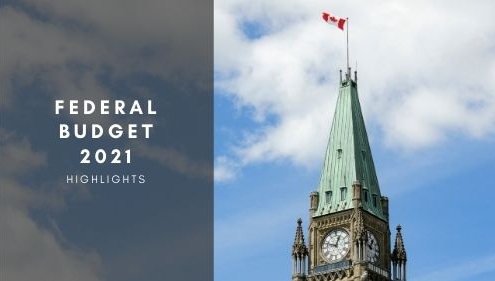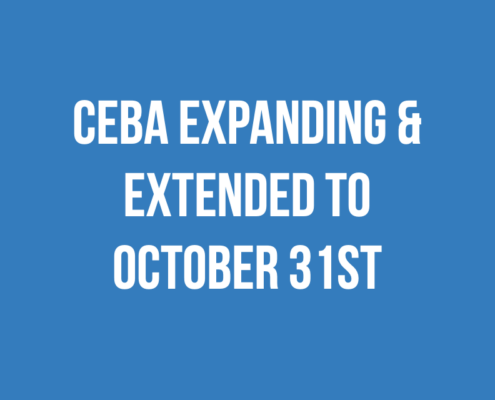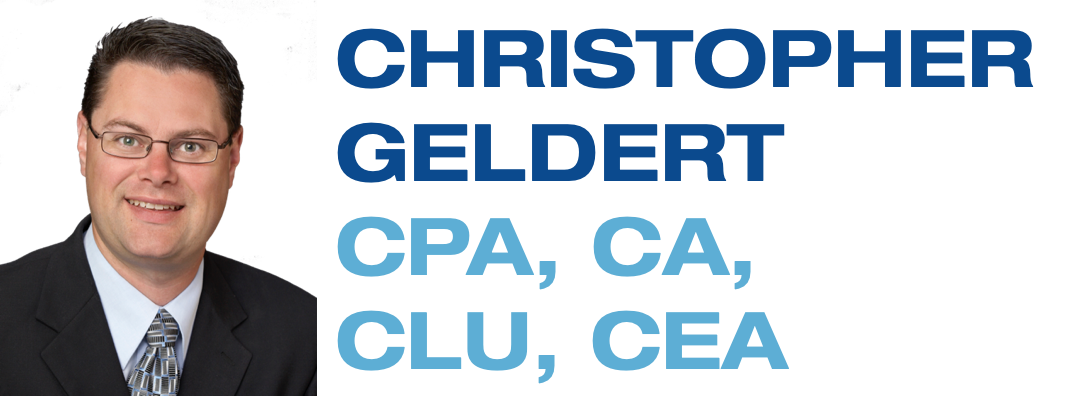
Debt Is a Four-Letter Word
Blog, DebtDebt today is so common, you might say it can’t be avoided. Most people are not in a position to purchase a house or car for cash, while those who can buy such things outright may prefer to finance and keep control of their capital.
The truth is, while most of us see debt as a bad thing, any money borrowed to generate income or increase net worth can be considered “good debt.”
If the amount borrowed is invested for an overall gain, the debt is a tool. Borrowing to further your education, for example, is good debt since an education generally increases the likelihood you will earn more in the future. Most often, too, the interest paid on this type of debt is tax deductible.

Shielding Your Family From Your Creditors With Life Insurance
Blog, Debt, Life InsuranceNaming a beneficiary of a life insurance policy provides a significant benefit in planning and protecting one’s estate. With a named beneficiary, the death benefit is paid directly to the beneficiary and is received tax-free. It bypasses the policyowner’s estate and is not subject to probate or any other administrative fees.

Federal Budget 2021 Highlights
2021, Blog, Coronavirus, Coronavirus - Associates, Coronavirus - Practice Owners, Coronavirus - Students, corporate, Debt, Family, financial advice, Financial Planning, incorporated professionals, individuals, personal finances, Professional Corporations, taxOn April 19, 2021, the Federal Government released their 2021 budget. Our article contains highlights of the various financial measures in this budget, divided into three different sections:
• Business Highlights, including an extension to COVID-19 Emergency Business Supports, new programs to support job creation, and a change in interest deductibility limits.
• Individual Highlights, including details on the tax treatment and repayment of personal COVID-19 benefits (such as CERB), eligibility changes to the Disability Tax Credit, an increase in OAS for those 75 and up, and support for job skills retraining.
• Additional Highlights, including a proposed federal minimum wage of $15, changes to the GST New Housing Rebate conditions, and new or increased taxes in areas such as luxury goods, tobacco, and Canadian housing owned by non-resident foreign owners.

Stop Living Paycheque to Paycheque and Start Living
Blog, Coronavirus, Debt, financial advice, Financial PlanningWe are now living in a gig economy as a result of wage stagnation and increased globalization. While previous generations have usually worked one full-time job, often with a pension plan, today more and more Canadians are working for several different companies as independent contractors.
While this type of work does offer much-needed flexibility for some, it also creates financial instability for millions of Canadians. A recent survey of all working Canadians by the Canadian Payroll Association suggests that 43 percent of workers were living paycheque to paycheque prior to COVID-19. That statistic does not take into account COVID-19’s impact on the workforce.

5 Top Financial Planning Strategies For Small Business Owners
Blog, Business Owners, Debt, taxCreating a financial plan for your business is critical not only for your business’ survival but also for its growth. However, many small business owners struggle to create a comprehensive financial plan that considers all of the financial needs of the business – which should include long term growth goals and contingency plans for any unexpected circumstances. Below, we have compiled a list of the strategies business owners should start with when considering a comprehensive financial plan.

CEBA extended to October 31st. Expanded to include more businesses.
2020 Only, Blog, Coronavirus, Coronavirus - Practice Owners, DebtOn August 31st, Deputy Prime Minister and Minister of Finance Chrystia Freeland announced the extension of the Canada Emergency Business Account (CEBA) to October 31st, 2020. This will give small businesses 2 additional months to apply for the $40,000 loan.
In addition, the Federal Government said it was working with financial institutions to make the CEBA program available to those with qualifying payroll or non-deferrable expenses that have so far been unable to apply due to not operating from a business banking account.
